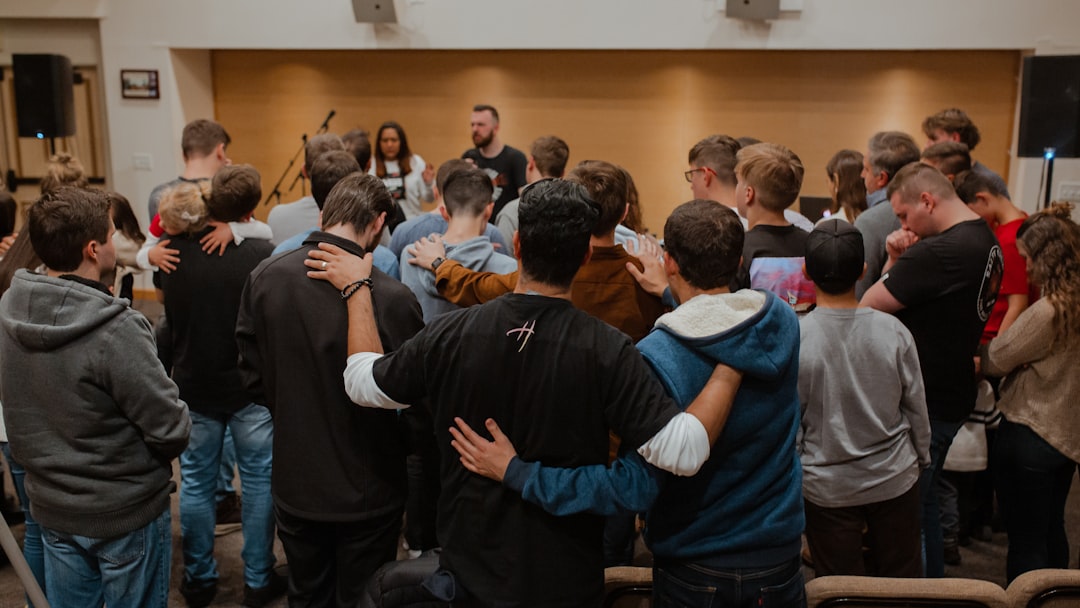
True faith grows.
It isn’t always easy and smooth.
It doesn’t mean it won’t be tested.
In fact true faith actually grows because it is challenged often.
And it doesn’t mean there won’t be doubts.
Without doubts it isn’t really faith in the first place.
I say all this for those in Faith Communities where fellowship with others is based in some central way on a mutually shared faith-bond, so they can understand those in recovery groups where many are still struggling in a state of Pre-Faith.
Pre-Faith does not include every unbeliever, and by unbeliever I mean someone not willing to trust a power higher than they are. It only includes those who have become aware of a need they cannot satisfy in themselves.
Reference to a Higher Power in the twelves steps of Alcoholics Anonymous is purposeful in order to establish an open invitation to all with needs to recover from addictions to alcohol. They at least have to trust in the group enough to come in the first place and then to keep coming back.
Do all in recovery, if they stay long enough, find the God of the Bible?
Unfortunately, as far as I am aware, the answer is no.
I know atheists who have found and maintain sobriety.
A Higher Power for them is something other than God.
However, many do become Christians in AA.
Why bring this up?
It has to do with the problem of assumptions, that it is easy to label people, and by doing so possibly write off many we could actually discover enough in common to become good friends.
We all need to love sinners because we have all fallen short of God’s best for our own lives.
At the same time we don’t have to love and accept the sin. This is where boundaries are useful to understand and apply wisely.
Daily growth is about progress, not perfection.
The Twelve Steps of Alcoholics Anonymous.
1. We admitted we were powerless over alcohol — that our lives had become unmanageable.
2. Came to believe that a Power greater than ourselves could restore us to sanity.
3. Made a decision to turn our will and our lives over to the care of God as we understood Him.
4. Made a searching and fearless moral inventory of ourselves.
5. Admitted to God, to ourselves, and to another human being the exact nature of our wrongs.
6. Were entirely ready to have God remove all these defects of character.
7. Humbly asked Him to remove our shortcomings.
8. Made a list of all persons we had harmed, and became willing to make amends to them all.
9. Made direct amends to such people wherever possible, except when to do so would injure them or others.
10. Continued to take personal inventory and when we were wrong promptly admitted it.
11. Sought through prayer and meditation to improve our conscious contact with God as we understood Him, praying only for knowledge of His will for us and the power to carry that out.
12. Having had a spiritual awakening as the result of these Steps, we tried to carry this message to alcoholics, and to practice these principles in all our affairs.


